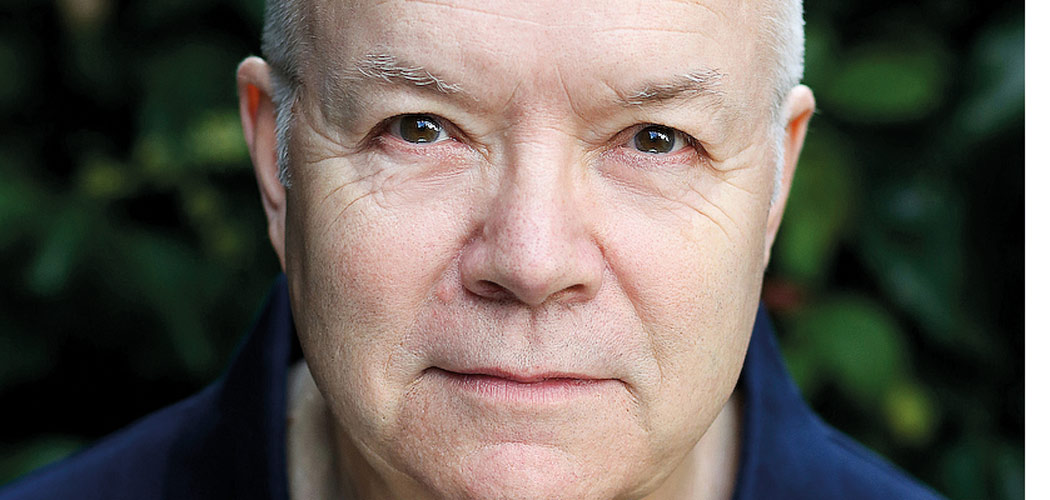Freddie, Ted and the Death of Joe Orton is currently running at the London Theatre Workshop until 16 December. Here, the play’s author, Don Cotter, explains why he felt the need to commemorate two important anniversaries – the passing of the 1967 Sexual Offences Act, and the death of fellow playwright, Joe Orton.
Hi Don, what’s the basic story of the play?
The story takes place in Brighton in the mid 1960s. Freddie, in his late 40s, owns a three bedroom house which he shares with his younger lover, aspiring musician, Ted. We follow their ups and downs over a three year period, during which time the power base moves almost imperceptibly from the older to the younger man.
Where did the idea come from? Was there a particular inspiration?
Four years ago, I realised that 2017 would mark the 50th anniversaries of the passing of the 1967 Sexual Offences Act, which partially decriminalised male homosexuality in England and Wales, and also the tragic death of Joe Orton. I set out to write a play that combined these two iconic events.
Can you describe the two lead characters?
Freddie is 47, and seems in control of the relationship. However, all is not as it appears. He suffers from undiagnosed OCD, and can be pedantic, demanding and patronising. Ted is 23. Being gay in a very small town, he realised he had to get away in order to be himself. Over the three year period Ted comes to learn that there’s a world outside of his relationship with Freddie. He becomes his own person, with devastating consequences.
How does Joe Orton fit into the play?
Being set between 1964 and 1967, the
play charts the rise and fall of Joe Orton. Freddie goes to see Entertaining Mr Sloane, and becomes a huge fan. He drags Ted along to see Loot ten times! The news that Kenneth Halliwell has murdered Joe Orton has an enormous impact upon Freddie. It sets the wheels in motion for the play’s chilling climax.
What is it about the time period that fascinates you?
For me, it’s difficult to imagine a better decade to have grown up in. The music, fashions and sheer exuberance of the 1960s made life very exciting for this teenage boy. It’s also the time I began to realise I was gay. At Tottenham Grammar School, I had a huge crush on Richard Bishop, the head boy.
What would you like people to get from the play?
On one hand, it’s a black comedy. On the other hand, it provides an insight for younger gay men as to what it was like to be gay at a time when it was against the law. The day-to-day living in fear of hearing the dreaded knock upon the door. And for our older gay audience members, the memory of those unenlightened times 50 years ago, and how they felt when they finally became ‘legal’. The play reaches out across the generations. Do come and see it!
Freddie, Ted and the Death of Joe Orton runs until Saturday 16 December at the London Theatre Workshop, 88 Gracechurch Street ECV3 0DN. Tickets via londontheatreworkshop.co.uk














